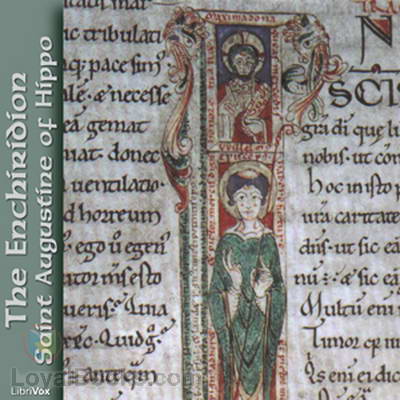The Enchiridion by Saint Augustine of Hippo is a profound and timeless work that offers practical guidance for living a virtuous and meaningful life. Augustine's wisdom shines through in his concise and straightforward writing style, making it easy for readers to grasp the deeper truths he is conveying.
One of the key themes of The Enchiridion is the importance of self-examination and reflection in order to cultivate a sense of inner peace and moral clarity. Augustine encourages readers to focus on their own actions and intentions, rather than being consumed by external distractions and desires.
Throughout the book, Augustine emphasizes the need for humility, patience, and unwavering faith in God. He explores the nature of good and evil, the importance of forgiveness and compassion, and the eternal consequences of our actions.
Overall, The Enchiridion is a timeless and thought-provoking read that offers valuable insights into the nature of humanity and the pursuit of spiritual growth. Augustine's teachings continue to resonate with readers of all backgrounds and beliefs, making this book a must-read for anyone seeking guidance on their own personal journey towards a more fulfilling and virtuous life.
Book Description:
The Enchiridion, Manual, or Handbook of Augustine of Hippo is alternatively titled, “Faith, Hope, and Love”. The Enchiridion is a compact treatise on Christian piety, written in response to a request by an otherwise unknown person, named Laurentis, shortly after the death of Saint Jerome in 420. It is intended as a model for Christian instruction or catechesis. – As the title indicates, the work is organized according to the three graces necessary for the Christian worship of God: Faith, Hope and Love. Under Faith, Augustine explains the use of the Apostles’ Creed, in teaching Christian doctrine and in refuting heresies. Under Hope, he briefly explains the Lord’s Prayer as a model of Christian prayer. The final part is a discourse on Christian love.
